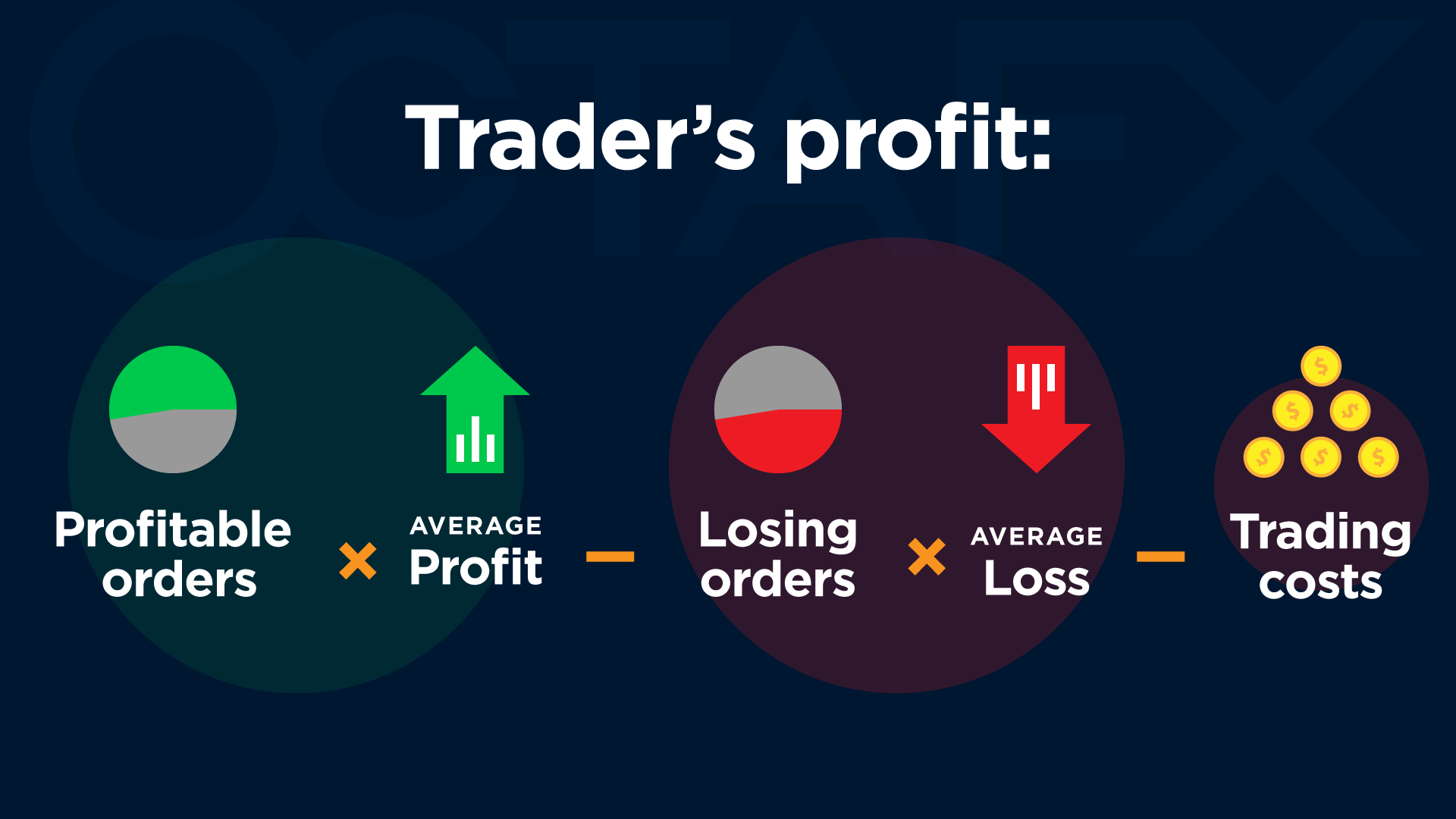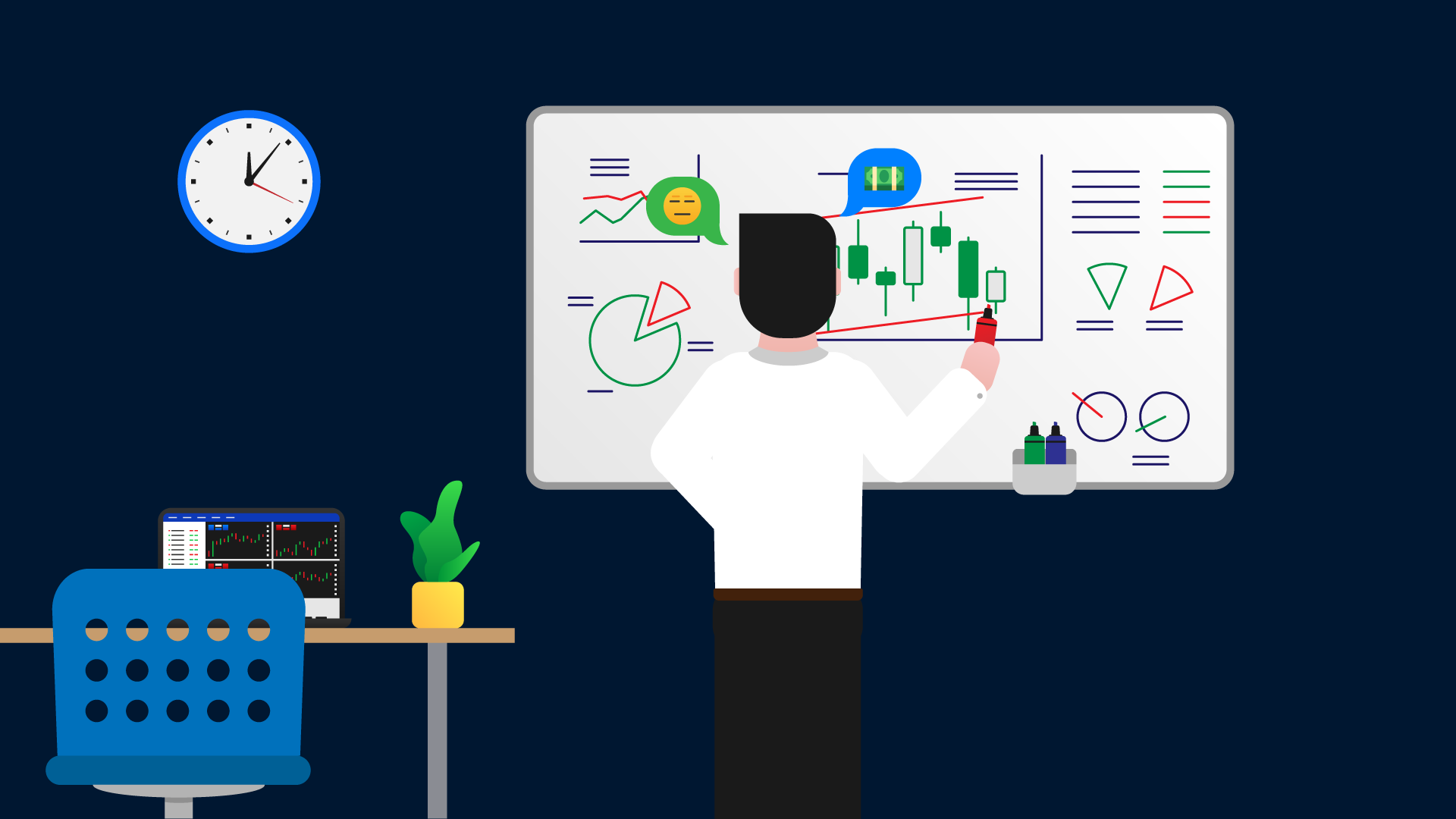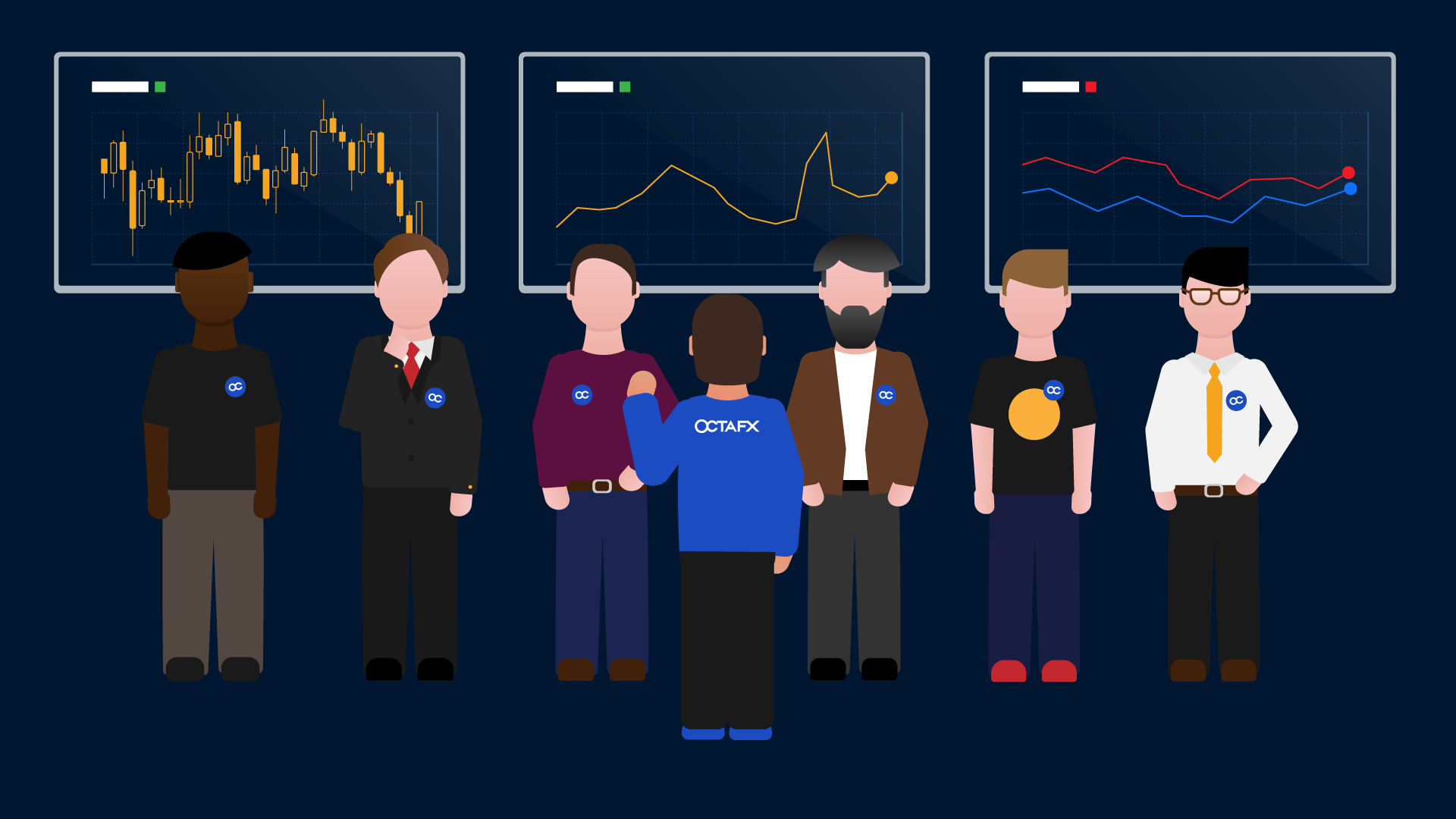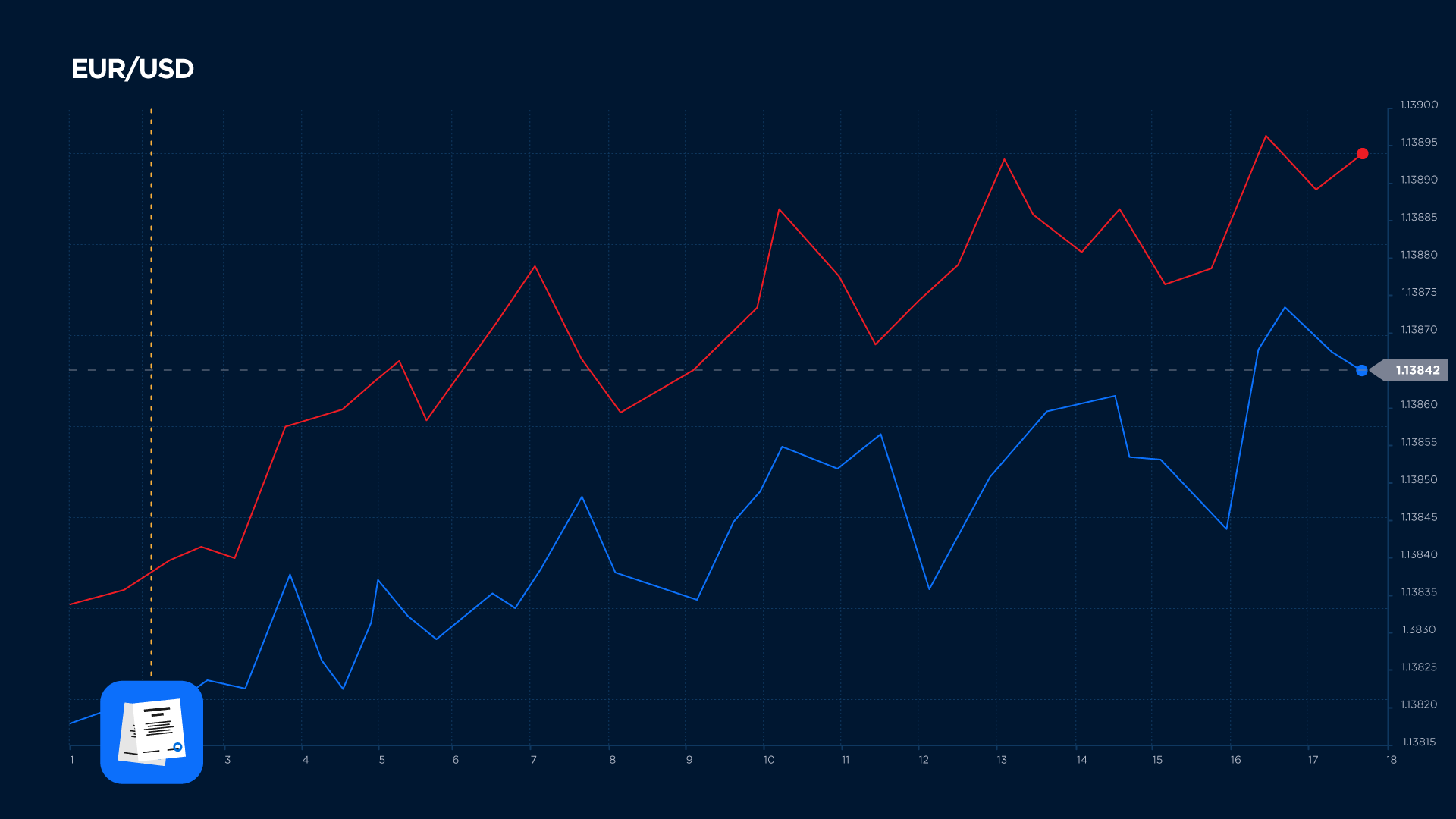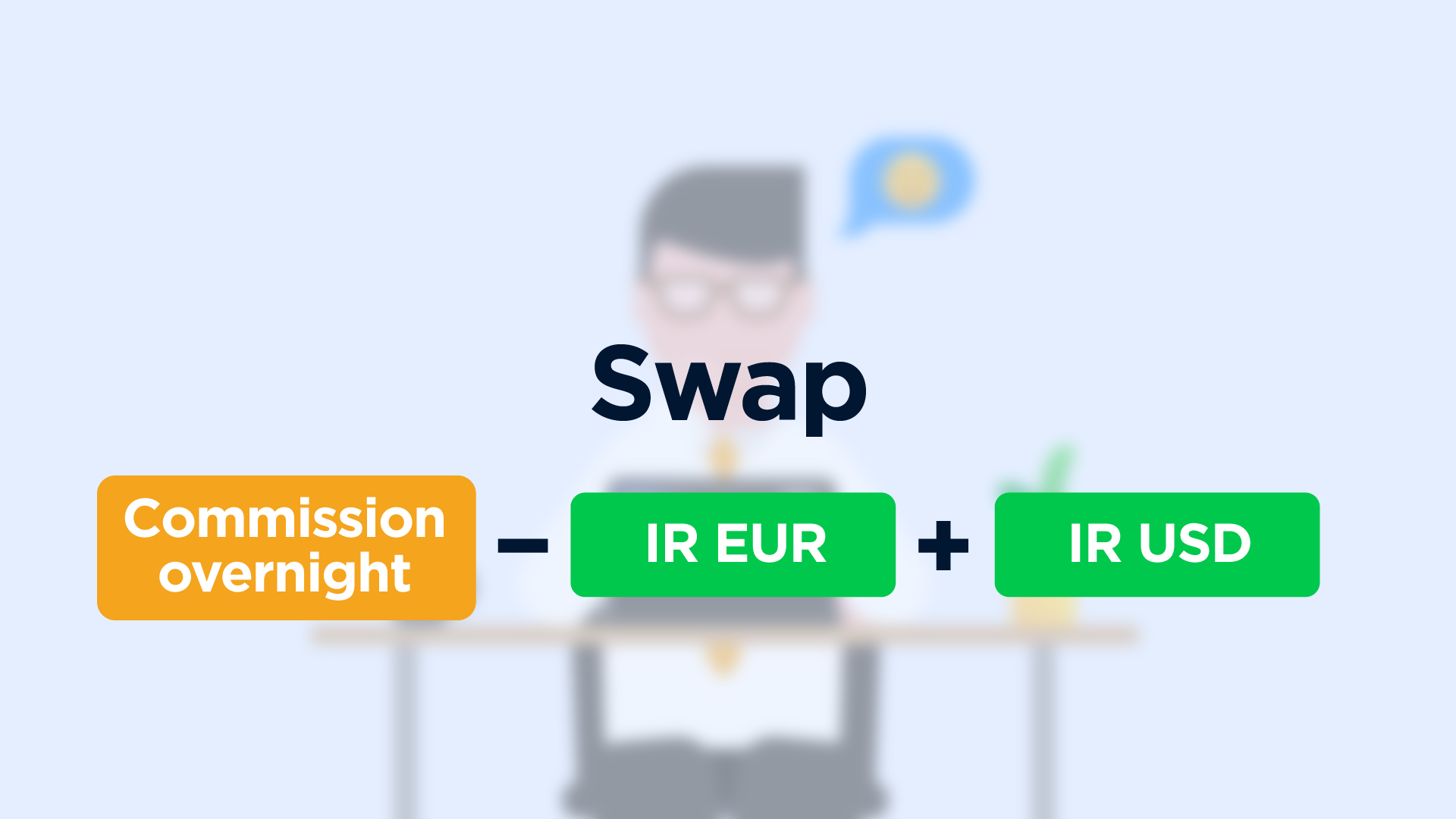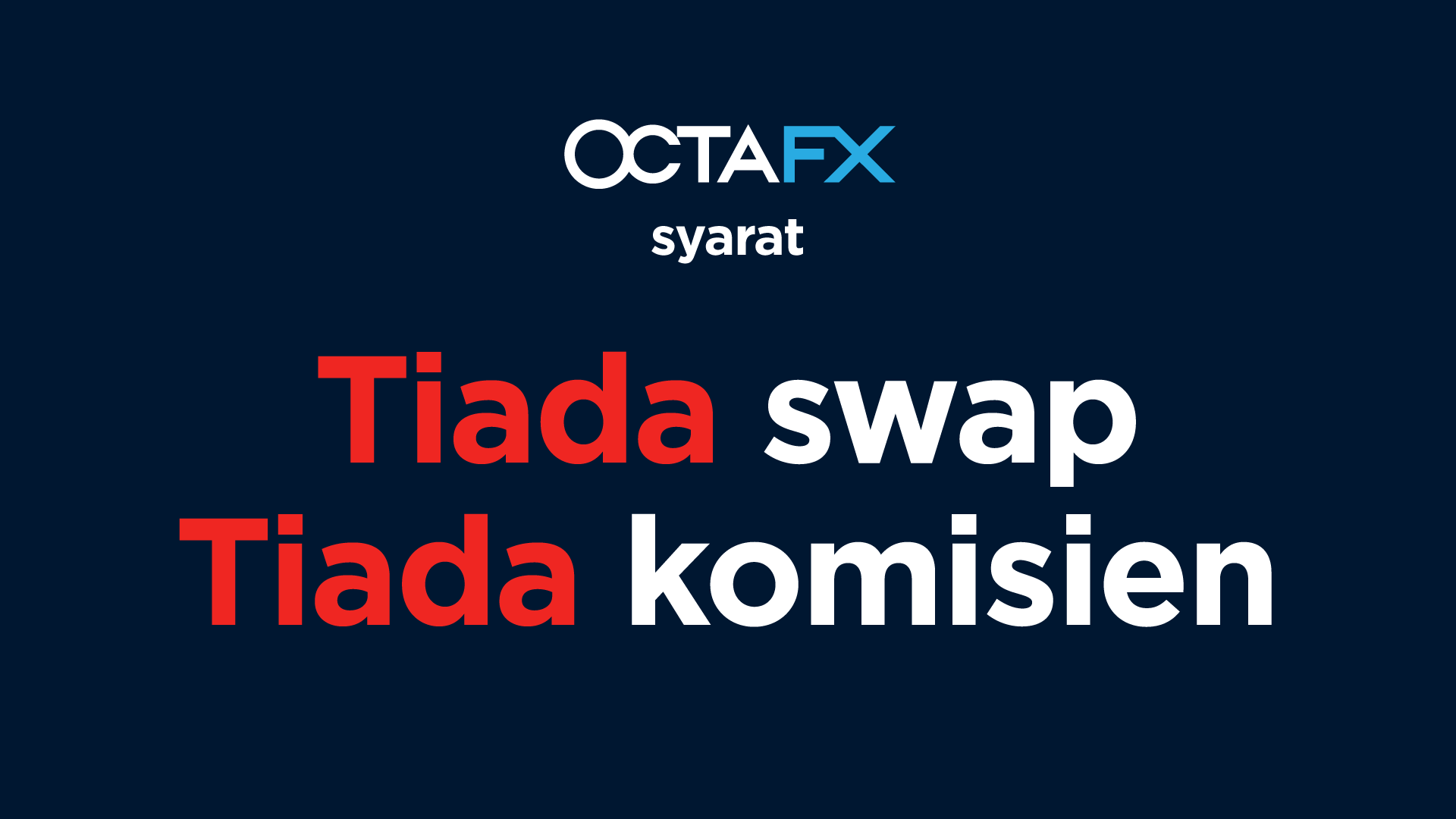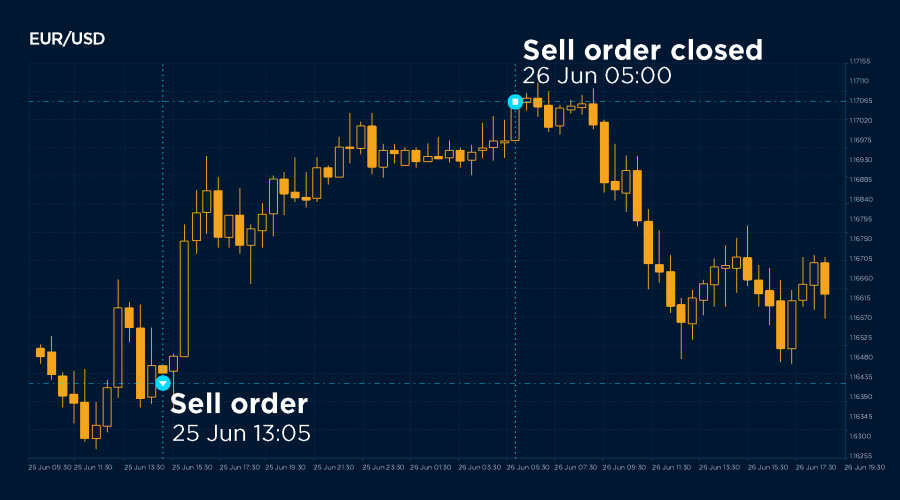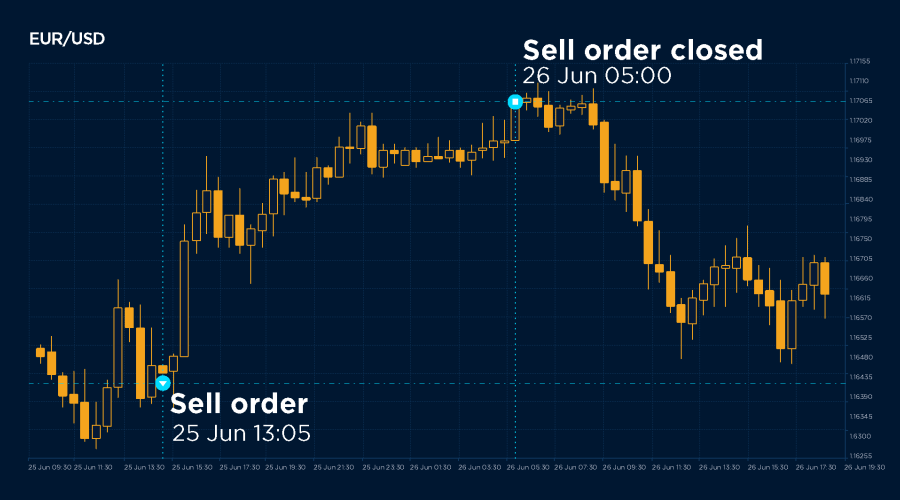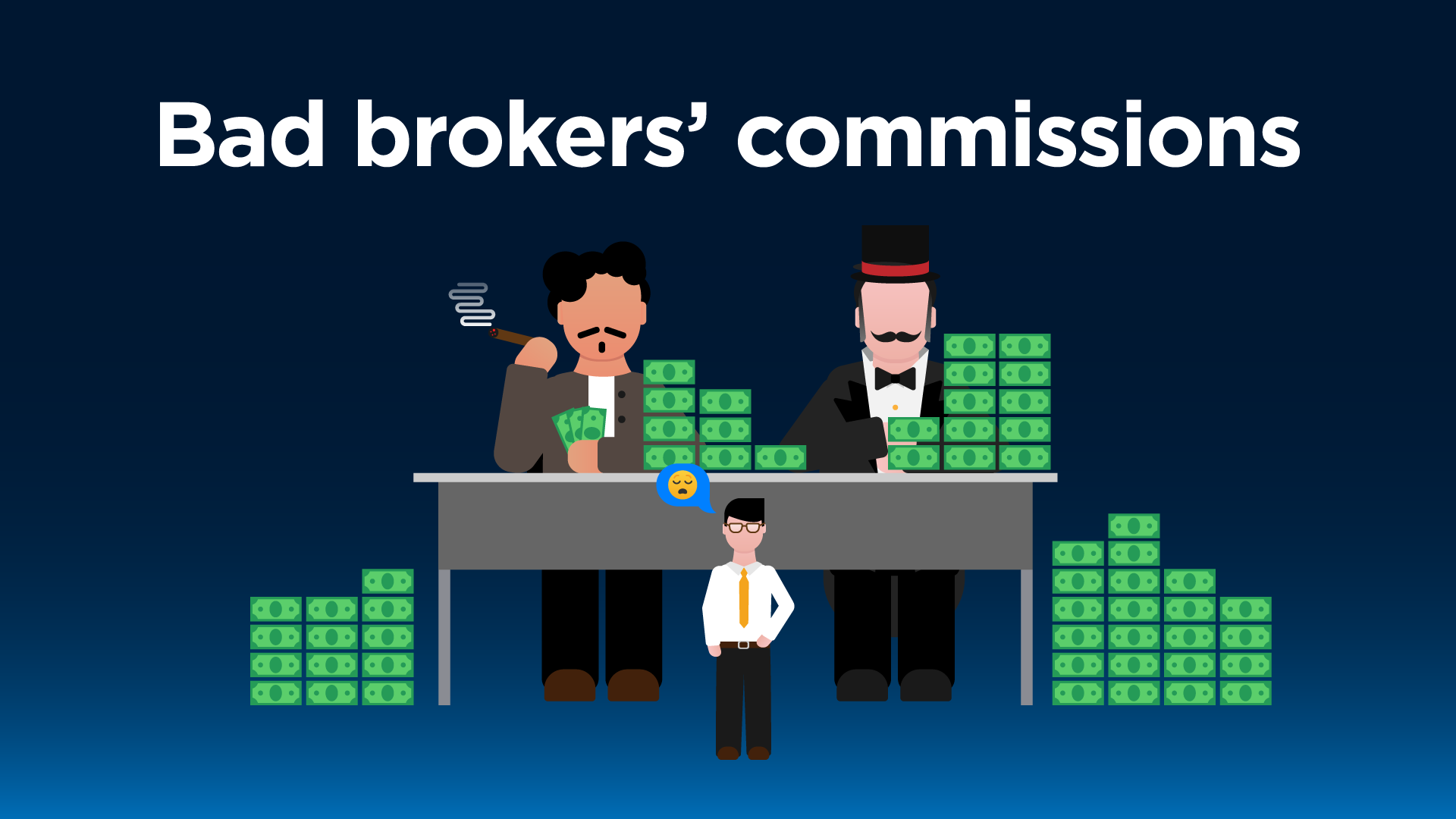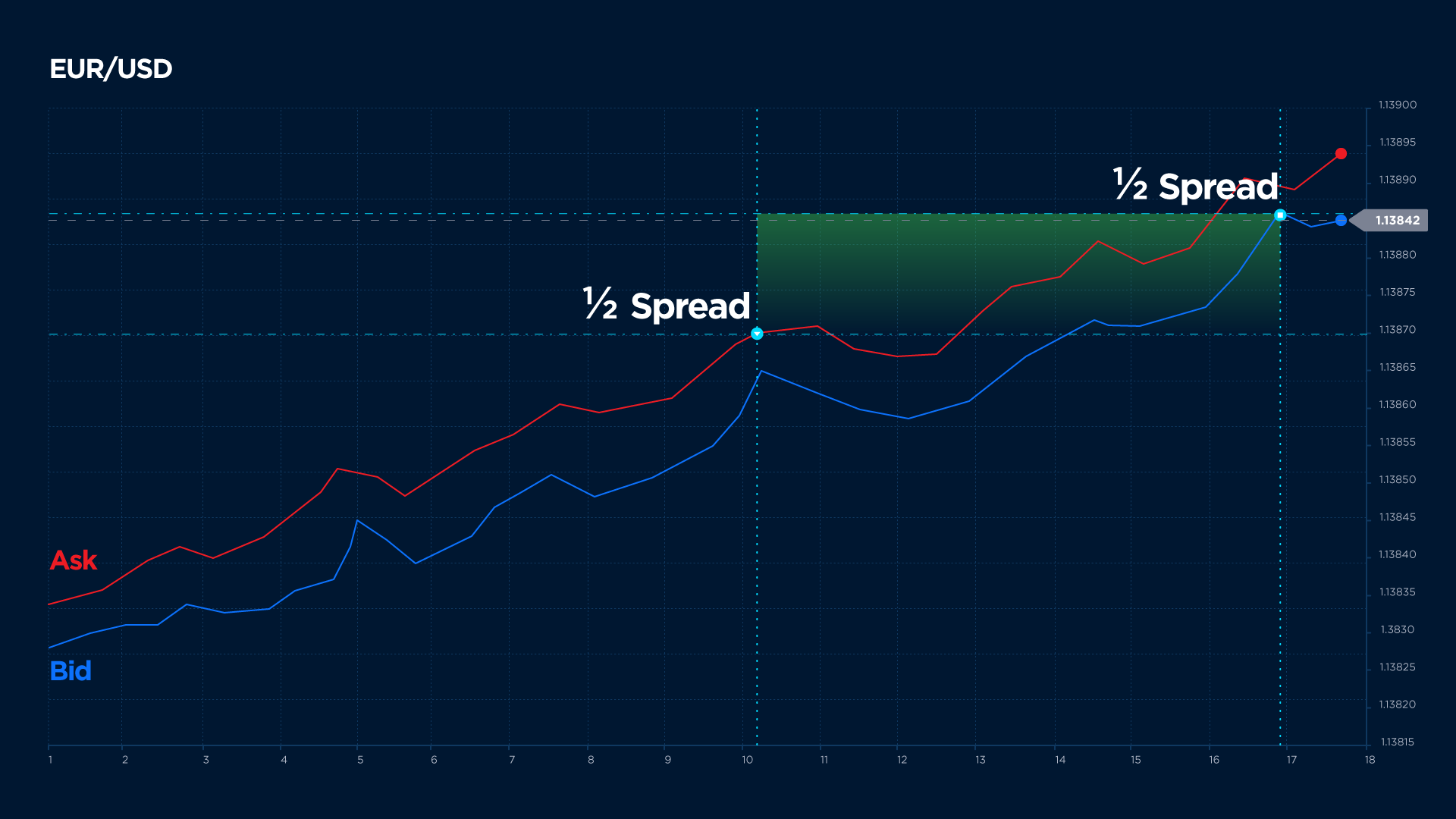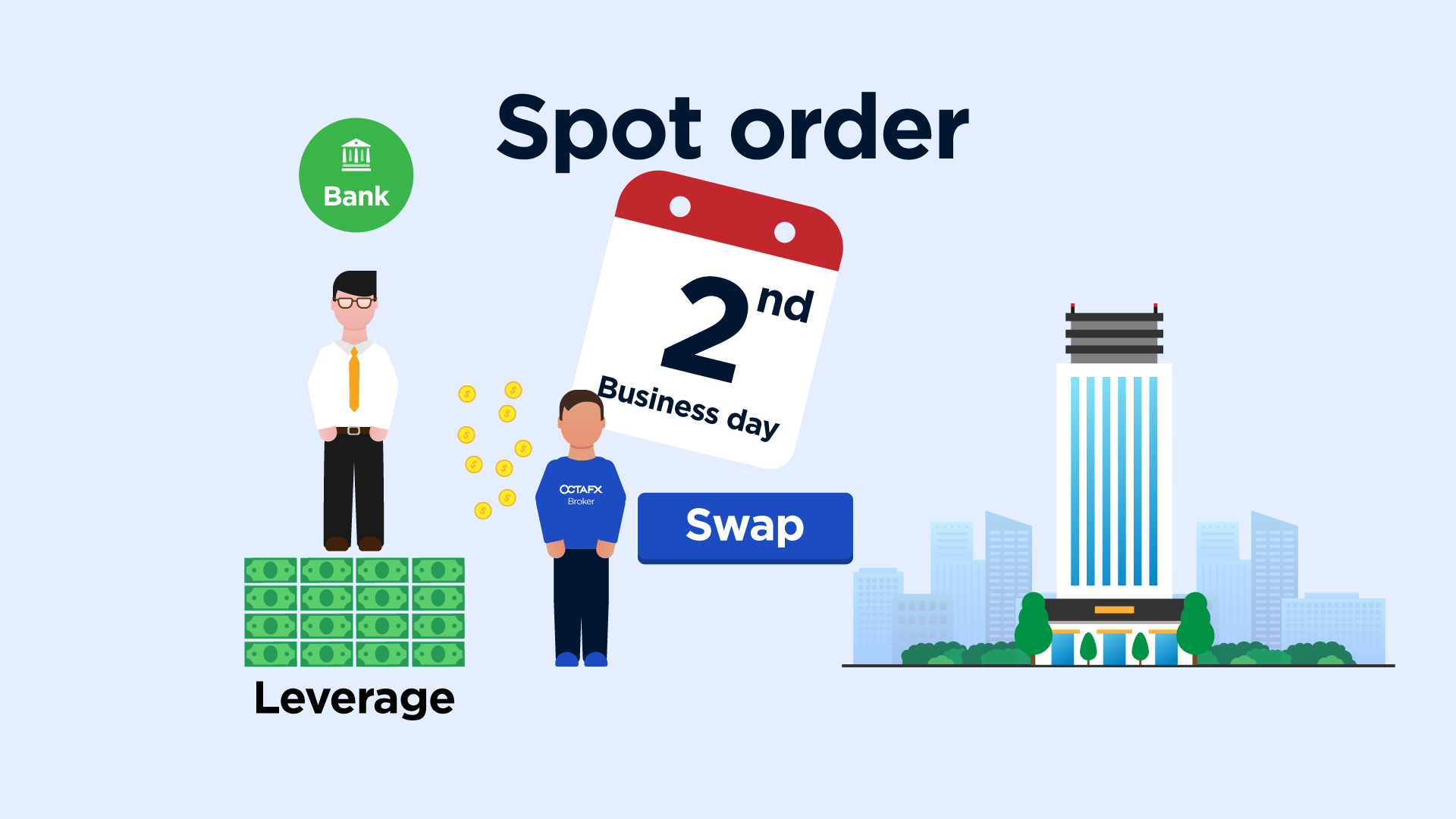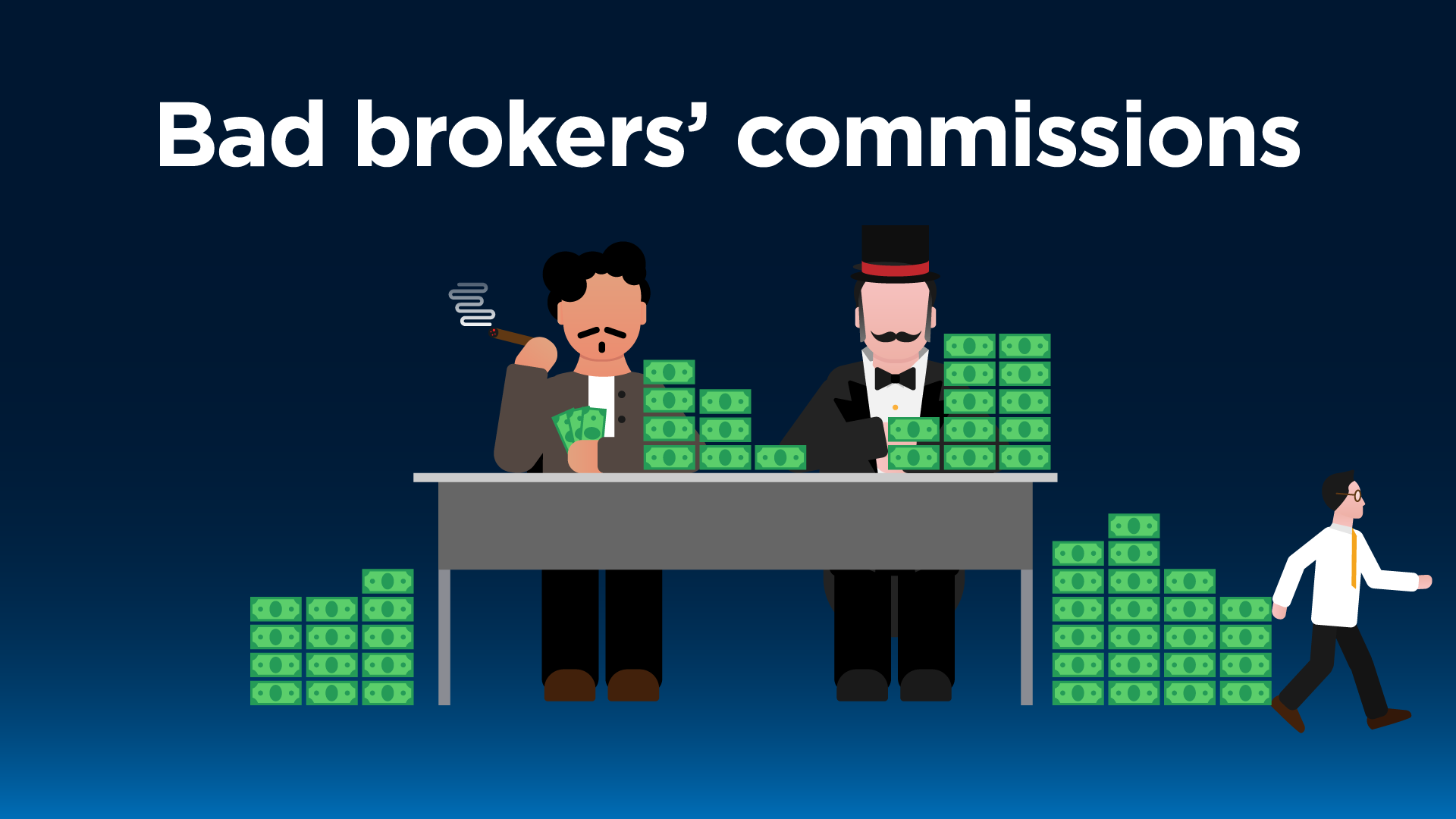 Langkah pertama dalam dagangan
Langkah pertama dalam dagangan
Kos dagangan: spread, swap, komisen volum, bayaran tersembunyi
Welcome to the fifth lesson of our Forex Basic course.
In this lesson, you will learn about:
-
the costs that a trader may incur when trading Forex
-
the remuneration that brokers charge for their services, and how the spread is related to it
-
the swap, and how to avoid paying it when you trade overnight
-
tricks dishonest brokers use, and what fees you don’t need to pay.
When trading the Forex market, a trader can face two types of costs:
-
losses caused by unprofitable orders
-
expenses associated with trading itself
Have a good look at this equation:
Trader’s profit = % of your profitable orders × your average profit – % of your losing orders × your average loss – trading costs
you’ll need it when you start testing trading strategies on your OctaFX demo trading account.
Losses caused by unprofitable orders
In order to minimise the effect of loss-making orders, stick to two simple rules:
-
Regularly optimise your trading strategy and increase the success rate of your orders.
-
Estimate your possible risk to be no more than ⅓ of your expected profit when planning a trade.
You can lock particular order in a loss using a Stop Loss order. We’ll explain how that works in our lesson ‘How to trade Forex in just 20 minutes a day’.
Expenses associated with trading
Expenses associated with trades are generally an inevitable part of accessing Forex trading.
By the way, OctaFX is the kind of broker that does not charge commission for trading on MetaTrader, or for making deposits and withdrawals.
Further on, we’ll have a closer look at what spreads and swaps are.
Spread
Spread is the difference between the bid and ask prices.
A currency quotation is represented by two prices: ask price and bid price. Ask price is a price for opening a buy order or closing a sell order. Bid price is a price for opening a sell order or closing a buy order.
The chart that you can see in the MetaTrader window always represents the bid price.
You pay the first part of the spread when you open an order and the second part when you close it.
Spread usually amounts from 1 to 2 pips or from 0.0001 to 0.0002 of the base currency.
This is a small quantity for a trader, but a real broker makes money on traded volumes. OctaFX and other major brokers conduct hundreds of orders with an aggregated volume of tens of million dollars every minute.
Spread encourages cooperation between the trader and the broker.
The more a trader earns, the greater the trading volume, and the higher the brokers’ income. Thanks to the spread, the broker is always interested in the success of his traders and always works on providing help to them.
However, always bear in mind that you cannot open an order and immediately close it at the same price.
When important news breaks, spread tends to grow. This happens because prices may experience acute fluctuations during this time. The broker is risking to open an order for a loss: for instance, to open an order at a below-market price.
Swap
Swap is charged when you open an order using leverage and hold it for several days. It may amount from 0.01 to 2.46 pips a day (or approximately from $0.1 to $18 per lot).
Swap appears because of a standard Forex order, named SPOT. You can see how it works on your screen.
According to the SPOT order conditions, you need to provide the full amount of the currency on the second business day.
When the broker provides leverage for your order, he borrows money from a bank. Therefore you can’t make an actual delivery of the currency against your order.
So how can you earn money on a difference in rates without an actual delivery?
To avoid actual delivery of the currency, the broker closes the position at the end of the day and reopens it again at its current rate.
This order is called a swap.
But why does this mean the trader is obliged to pay?
When a swap order is executed, the bank charges commission for using leverage and deducts the difference between the interest rates of the currency pairs you trade.
If you bought a currency with a lower interest rate, you owe the difference to the bank. If you bought a currency with a much higher interest rate, the bank pays you.
Special conditions for swaps
If you trade with OctaFX, you can set a tariff where swaps are only charged on a three-day basis.You won’t pay any commission if you close your deals within three days.In this way, OctaFX allows you to hold deals open overnight without a swap.
Another option for dealing with swaps is a swap-free account. Whenever you open an order within this account, you pay a fixed fee instead of a swap. The fee is not interest and depends on the direction of your order.
Let’s take OctaFX as an example and have a look at the actual costs of a trader.
Imagine you’ve opened a Buy order for EUR/USD amounting 1 lot and closed it on the next day with a 70 pips profit. To open such an order with a leverage ratio of 1:500, you need $200.
1 pip in this order is 0.0001 multiplied by 100,000 and equals $10.
The profit is 70 pips multiplied by $10 and equals $700.
The expenses are:
-
payment of the first half of the spread upon the order opening, which amounts to 0.4 pips or $12
-
$0 swap payment for holding a position overnight, as one is not due
-
payment of the second half of the spread upon the order closing, which amounts to 0.5 pips or $15.
In total, the net income amounts to $673.
Note: you should never pay commission to a broker for depositing or withdrawing funds. We recommend you avoid brokers who charge either of these.
Let’s summarise what we’ve learnt from this lesson:
-
For traders, spread is the most profitable kind of broker remuneration. Spread is the slight difference between Buy and Sell prices. It ordinarily amounts to 1 pip but may increase during highly volatile markets.
-
Swap is a technical order in the course of which the broker closes and reopens the position you opened, in order to release you from an obligation to deliver actual currency against your order.
Every time a swap is made, the trader pays a commission for one day of the leverage use. This commission is also called a swap.
-
OctaFX charges swap once per three days, which means you can avoid paying a swap for a deal you hold overnight.
-
Some brokers may charge additional commissions to their traders. Be vigilant and do not pay more than necessary.
In the next lesson, you’ll learn:
-
what a trading account is and how you can open it
-
how to get $5,000 credited to your demo account for Forex training
-
how to use the MetaTrader 4 app and open your first order.

